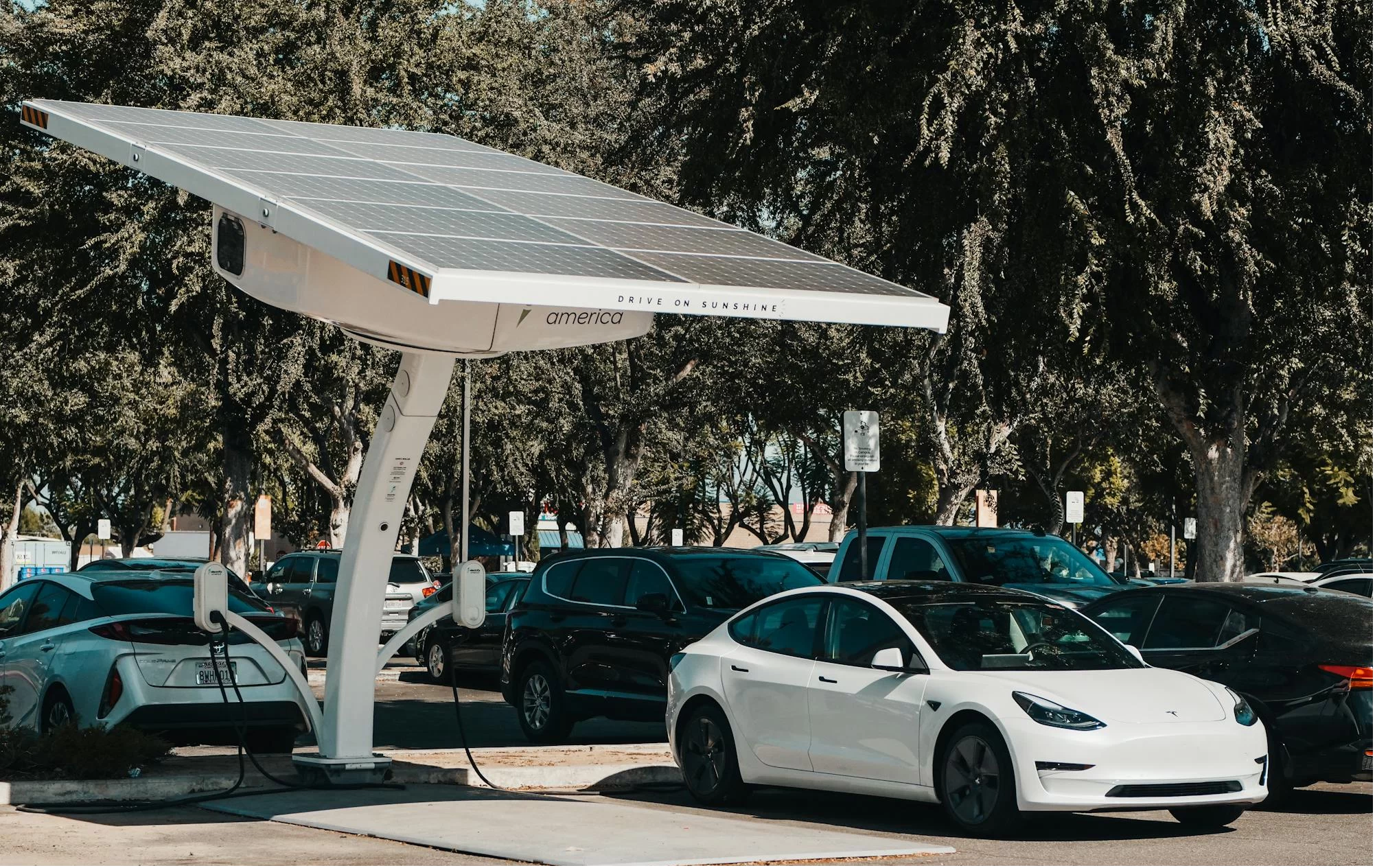Application and Future Development of lifepo4 lithium iron phosphate in Electric Vehicles
Electric vehicles (EVs) represent a transformative advancement in automotive technology, offering sustainable transportation solutions with reduced emissions and dependency on fossil fuels. Central to the performance and viability of EVs are their energy storage systems, with lithium-ion batteries playing a pivotal role. Among the various types of lithium-ion batteries, Lithium Iron Phosphate (LiFePO4 or LFP) batteries have garnered significant attention and adoption in the EV industry due to their unique advantages. This article explores the application of LiFePO4 batteries in electric vehicles, their technical attributes, current market trends, and future development prospects.

Technical Attributes
LiFePO4 batteries are renowned for several technical characteristics that make them highly suitable for electric vehicles. Firstly, they offer a high level of safety and thermal stability compared to other lithium-ion chemistries. This inherent safety is critical in the automotive sector, where battery reliability and resistance to overheating are paramount concerns. LiFePO4 chemistry is inherently less prone to thermal runaway, making it a preferred choice for EV manufacturers aiming to prioritize safety without compromising performance.
Secondly, LiFePO4 batteries exhibit a longer cycle life and enhanced durability, capable of enduring thousands of charge-discharge cycles with minimal degradation. This longevity is advantageous for EV owners, as it translates to lower maintenance costs and longer battery life expectancy, thus improving the overall cost-effectiveness of electric vehicles over their lifetime.
Moreover, LiFePO4 batteries boast a higher tolerance for partial charging and discharging cycles, which aligns well with the typical usage patterns of electric vehicles. This characteristic ensures consistent performance and helps optimize energy management strategies, contributing to improved driving range and efficiency.
Current Market Trends
In recent years, the adoption of LiFePO4 batteries in electric vehicles has witnessed steady growth, driven by their compelling combination of safety, longevity, and performance. Initially popularized in electric buses and commercial vehicles, LiFePO4 batteries have gradually expanded into passenger EVs as well. Manufacturers appreciate their reliability and ability to deliver consistent power output under varying conditions, thereby enhancing the driving experience and consumer confidence in EV technology.
China, a global leader in EV production and adoption, has been at the forefront of integrating LiFePO4 batteries into its electric vehicle fleet. The country’s stringent regulations regarding battery safety and environmental impact have further bolstered the demand for LiFePO4 batteries, which meet these rigorous standards effectively.
Furthermore, the automotive industry’s shift towards sustainable practices and cleaner energy sources has underscored the importance of LiFePO4 lithium iron phosphate batteries in reducing carbon footprints and promoting environmental stewardship. As consumer awareness of environmental issues grows, there is a burgeoning preference for electric vehicles equipped with batteries that not only offer superior performance but also align with eco-friendly principles.
Future Development Prospects
Looking ahead, the future development of LiFePO4 lithium iron phosphate batteries in electric vehicles holds substantial promise and opportunity. Continued advancements in battery chemistry and manufacturing processes are expected to further enhance their energy density, reducing weight and increasing storage capacity. This evolution is crucial for extending the driving range of electric vehicles and improving their competitiveness against internal combustion engine counterparts.
Moreover, ongoing research efforts are focused on optimizing the charging infrastructure for LiFePO4 lithium iron phosphate batteries, including fast-charging capabilities that minimize downtime for EV users. Enhanced charging efficiency and compatibility with renewable energy sources will contribute to the broader adoption of electric vehicles powered by LiFePO4 batteries, supporting the global transition towards sustainable transportation solutions.
In addition to passenger vehicles, LiFePO4 lithium iron phosphate batteries are poised to play a pivotal role in the electrification of other transportation sectors, including trucks, vans, and even maritime vessels. Their robust performance in demanding operational conditions makes them a viable option for achieving electrification goals across diverse industries.
Conclusion
LiFePO4 lithium iron phosphate batteries represent a compelling advancement in energy storage technology, particularly suited for electric vehicles aiming to achieve enhanced safety, reliability, and sustainability. Their adoption in the automotive sector underscores their pivotal role in driving the transition towards cleaner transportation solutions worldwide. As technological innovations continue and market demands evolve, LiFePO4 batteries are poised to remain a cornerstone of the electric vehicle revolution, shaping the future of mobility with their exceptional performance and environmental benefits.
